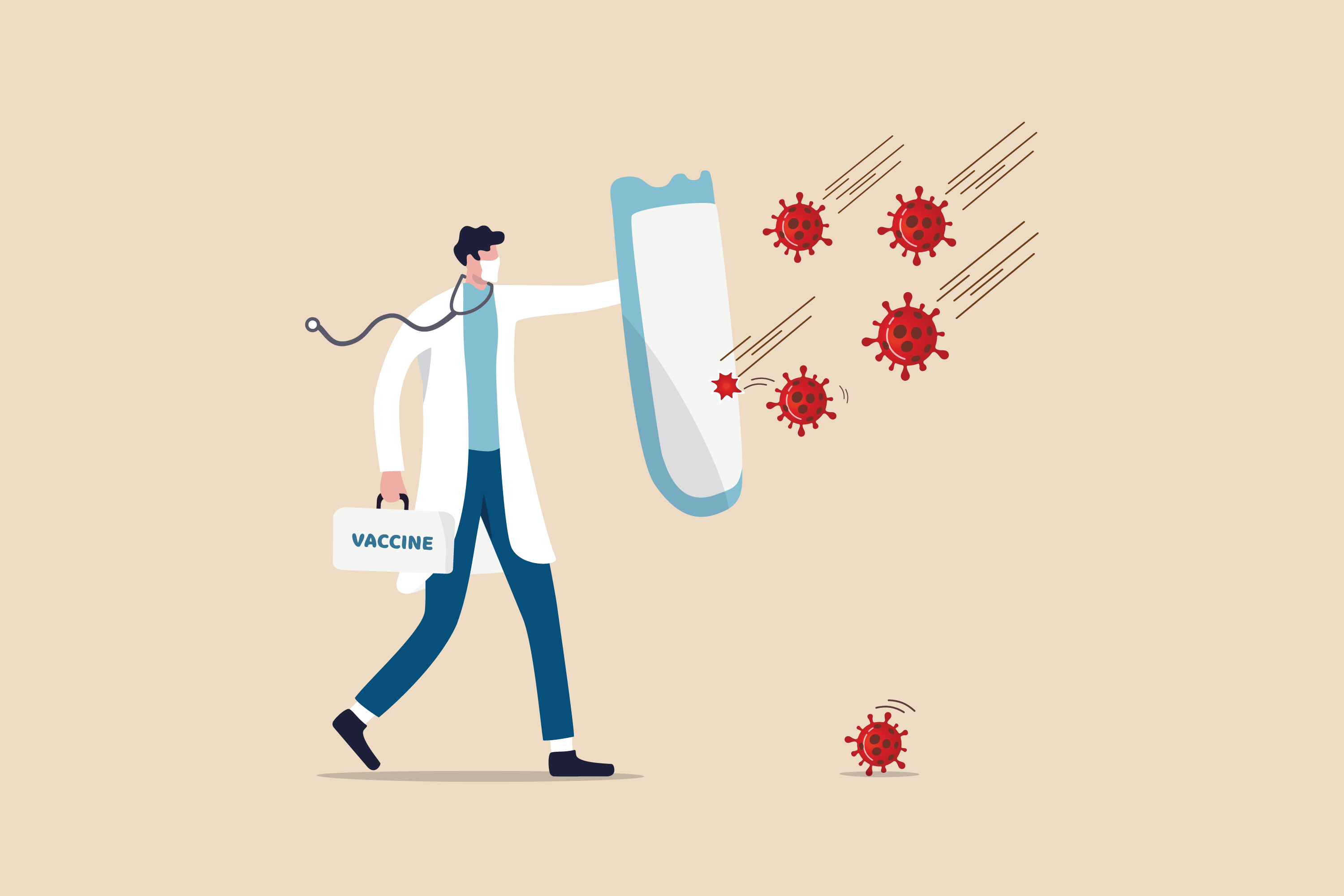Every fall, advertisements appear reminding you to get your yearly flu shot. The Center for Disease Control and Prevention (CDC) recommends that everyone above the age of 6-months should get their vaccine by October. Despite the encouragement of healthcare providers to get the vaccination, a large part of the public is skeptical about the benefit of the vaccine, fearing side effects such as achiness or swelling at the site of the shot or the purported link between vaccines and autism.
So, you might be wondering, is it really worth it to get the flu shot every year? Let’s find out what the research has to say…
What is the Flu Virus?
The influenza virus causes a highly contagious respiratory illness that is caused by the one and only influenza virus. There are multiple strains of the virus, the most common being influenza type A and influenza type B. Symptoms typically present quickly and include sore throat, fever, cough, fatigue, headaches, muscle aches, and sometimes vomiting or diarrhea. Although the symptoms of a cold and the flu are similar and are both viral respiratory tract infections, there are some important differences.
The high fever associated with the flu, which can last for days, is not typically seen with a common cold. Additionally, the full body aches and weakened muscles are side effects the flu causes which set the two types of viruses apart. Moreover, the cold might make you miserable, but the flu will stop you dead in your tracks. The cold is viewed more as a major inconvenience than anything, but the flu can be deadly for certain populations. The CDC estimated that the 2019-2020 influenza season caused 22,000 deaths.
What is the Flu Vaccine?
The influenza vaccine “causes antibodies to develop in the body about two weeks after vaccination,” reports the CDC. This provides those who receive it a stronger immunity against the flu virus. Although healthy people will usually recover from the flu without much issue, certain populations (such as infants and the elderly) might not. Vaccinating healthy people helps reduce the spread to those more vulnerable.
The flu vaccines can take three forms: inactivated influenza vaccine (IIV), recombinant influenza vaccine (RIV), or live attenuated influenza vaccine (LAIV). You will need to talk to your doctor about which form is right for you. Seniors, young children, and those with certain allergies will have specific needs that will be addressed by your healthcare provider. (Here are some more Flu Prevention Tips).
The Research: Does it Help?
The CDC does a study each year to determine the effectiveness of the influenza vaccine. The effectiveness will vary from year to year, but according to the CDC, the influenza vaccine “reduces the risk of flu illness by between 40-percent and 60-percent among the overall population during seasons when most circulating flu viruses are well-matched to the flu vaccine.”
They continue to say that vaccines generally work better against influenza type B and influenza type A (H1N1) and less against influenza type A (H3N2). So yes, the flu vaccine does in fact help. It does not guarantee you are completely immune from the virus, but it will greatly reduce your chances of catching it. (To learn more, check out Common Questions About the Flu Answered).
The Research: Does it Hurt?
The influenza vaccine does have some side effects that you should be aware of. The most common side effects are pain at the site of the shot, fever, muscle aches, and headache, report the CDC. These are typically short-lived and not severe.
The CDC continues to say that “there may be a very small increased risk of Guillain-Barre Syndrome (GBS) after inactivated influenza vaccine (the flu shot).” GBS is a rare condition that attacks the nervous system potentially causing paralysis. The vaccine may also cause an allergic reaction. Talk to your doctor about potential side effects to help determine if you are at an increased risk.
The Bottom Line
The influenza vaccine is generally considered a safe and effective method to prevent the flu and the spread of the flu. When healthy people get the flu shot they decrease the chances of themselves becoming infected and also passing the infection onto those who may not qualify for the vaccine.
Whether or not you decide to get the flu shot, common sense hygiene is your best bet. This means limiting contact with those that are ill, covering your nose and mouth with a Kleenex when you sneeze (or sneezing into your arm instead of into space, handing washing frequently, disinfecting surfaces, and avoiding touching your eyes or mouth.








